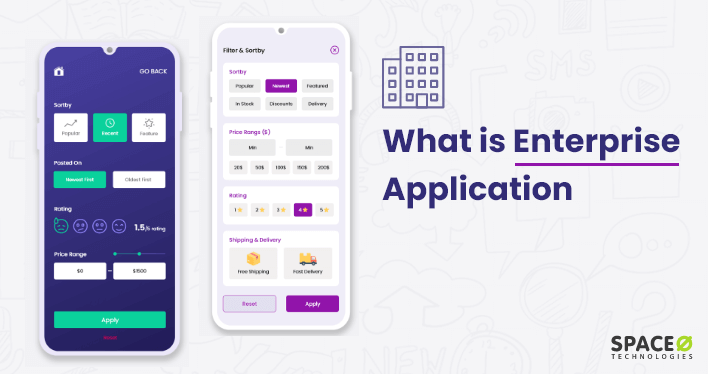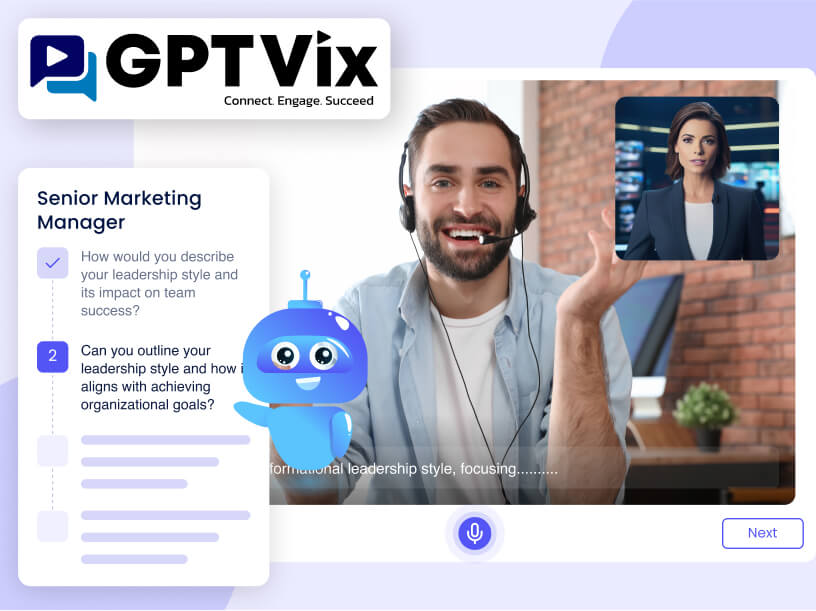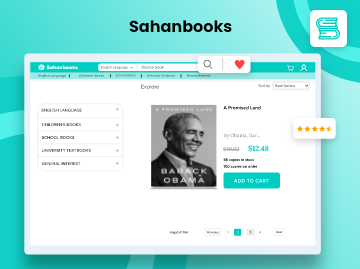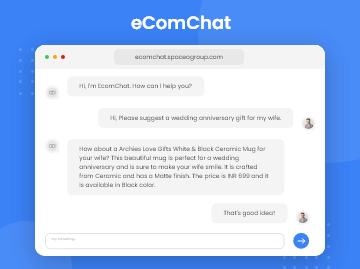Table of Contents
- What is an Enterprise Application?
- 3 Top Rated Enterprise Application Solutions
- Characteristics of Ideal Enterprise Application
- What is Enterprise Application Development?
- 4 Reasons to Develop an Enterprise App
- 4 Types of Enterprise Applications With Their Core Features
- Checklist to Consider Before Developing an Enterprise App
- FAQ About Enterprise Application Development
- Want to Develop an Enterprise Application for Your Business?
What is an Enterprise Application?
3 Top Rated Enterprise Application Solutions
The table includes information about the top enterprise application, the business types it is suitable for, a free trial, and a review of each enterprise solution.
| Logo | Enterprise Application | Suitable For | Free Trial | Review |
|---|---|---|---|---|
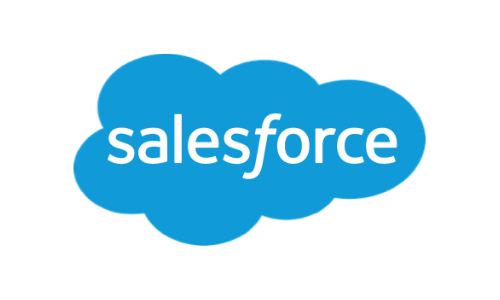 | Salesforce Cloud | CRM software | 30 Days | 4.2 (15,545 Reviews) |
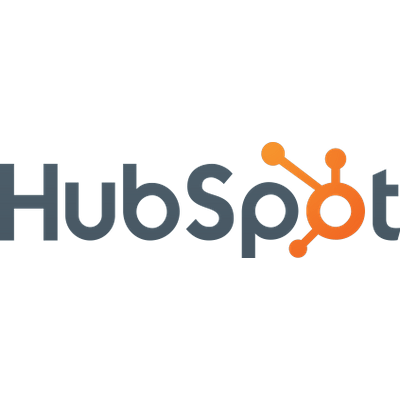 | Hubspot Sales Hub | CRM for small to mid-sized businesses | CMS Hub: Professional – 14 Days | 4.4 (9546 Reviews) |
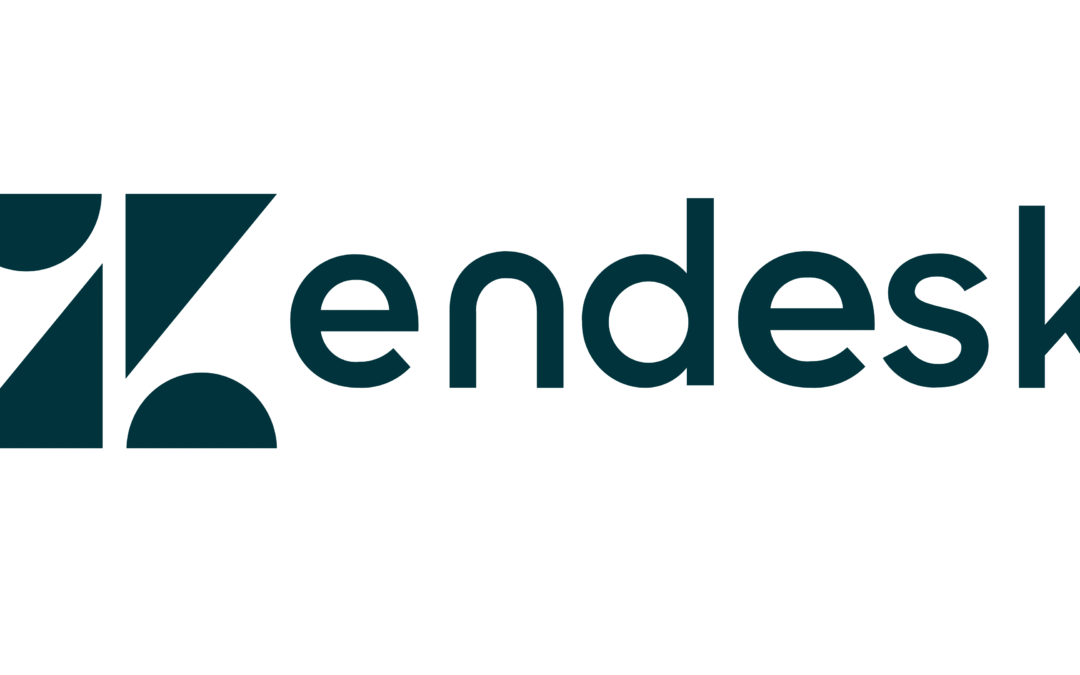 | Zendesk Support Suit | Complete sales platform | 14 Days | 4.3 (5146 Reviews) |
You have learned about examples of enterprise applications. In fact, we have written a detailed post on the 8 best examples of enterprise applications as well.
Looking to Develop Enterprise App Solution?
Share your requirements with our enterprise app consultants and get complete assistance and cost for your app solution.

Characteristics of Ideal Enterprise Application
As an enterprise mobility solution provider, we understand the exact characteristics of developing enterprise mobile applications. As we have experience in developing successful enterprise solutions businesses across the globe. Check the detailed information about the characteristics of enterprise level applications.
| List of Characteristics | Description |
|---|---|
| Data Storage | The application should be able to store large volumes of critical data that help build the apt functionality. The memory and bandwidth should be calculated in sync with the type of application you are building. |
| Scalability | The enterprise application should be built to address businesses’ growing and changing needs. It should be in sync with the enterprise’s operations |
| Flexible | The enterprises can experience abrupt changes which call for new services. The enterprise application software should adapt to changing business information with minimal modifications in workflows or processes |
| Data Accessibility | It is possible that multiple people are trying to access the same data simultaneously. Everything is integrated via cloud services to make it accessible from customer transactions to POS software. |
| Integration | The customer relationship management CRM should easily integrate with third-party partners. The same goes for enterprise resource planning ERP to ensure a direct connection with core systems. |
| Backup & Recovery | Mission critical information needs proper backup systems, so you don’t experience downtime. The enterprise apps should be designed for disaster recovery and migration. |
| Data Visibility | It should be easy for businesses to visualize the data, identify the basic aspects and get complete visibility into the shopfloor processes |
| Security | When you are building custom enterprise applications you need to ensure supply chain visibility, better billing systems, and manage incoming client information. This requires top-notch security with role-based access. |
We know how an enterprise application should be, and the characteristics it depicts. Let’s look at what does it mean by enterprise application development.
What is Enterprise Application Development?
Enterprise apps enhances the agility of organizations and aims to boost the business process. You can develop individual applications that record customer transactions or improves supply chain visibility. You can also create a single enterprise web app for ERP or CRM systems that manages all these tasks. Next, know what is the ideal time to develop an enterprise app.
4 Reasons to Develop an Enterprise App
If you plan to develop enterprise software for your business, it is important to note why you need it. Will an enterprise mobile app benefit your business?
Collaboration Between Multiple Functions
As a business grows, there are multiple facets to running the organization. You have a human resources department, inventory management cum manufacturing segment, and a department that helps with sales and marketing.
The important part is the data should pass through in real time for better decision making. An enterprise app can make it happen, even when you are on the move. It can facilitate cooperation between the different functions.
Improve Core Functionality
As a business, you are constantly working towards enhancing core processes. With the right solutions, large businesses can enhance customer experience. They can ensure better trust among their employees and help them gain a competitive edge.
With brilliant technologies such as ERP systems, businesses can simplify their core processes, thus offering better availability and accessibility. Apart from that a business can improve its sales forecasting by integrating OpenAI API with an ERP System.
Improve Business Opportunities
If you want to secure leads for your companies or venture into newer markets, you get business intelligence that supports your needs. For example, SAP ERP will give you real-world data into your customer’s habits, shopping behavior, and purchase-related decisions. It will help you choose the right markets and supply them with efficient solutions.
Improve Efficiency
You need an enterprise application to enhance business efficiency. These apps can help automate workflows and ensure paperless management. Even, businesses are looking to implement Artificial Intelligence in mobile app development to enhance overall functions and improve outcomes.
For example, you can gain help from the prevalent customer data and purchase behavior of the in-store merchandise that will work for your business.
If you need to improve your business functions in these areas, you should develop an enterprise app.
To improve business efficiency and operation, one of our clients reached out to us for enterprise fleet management software development. He wanted build a software system allowing companies to get transport requests, get an optimized route, and track drivers easily. After understanding the client’s requirements, we developed a complete cloud-based transportation management system. Know more by checking the information below.
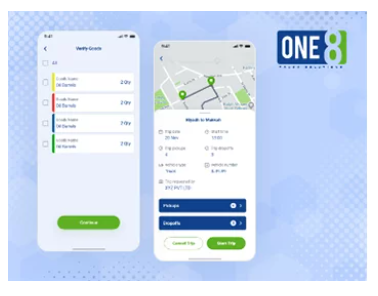
For the logistics company, we created One 8, a cloud-based transportation management solution. It is a comprehensive service that enables businesses to request transport, obtain an optimized route, and track drivers. Additionally, we created an Android app for the drivers that includes pickup, dropoff, and route information.
Apart from this here are some of the recently developed apps by our team.
Let’s look at the top enterprise solutions to know the core features you should include.
4 Types of Enterprise Applications With Their Core Features
Let’s take a look at some of the popular enterprise applications that have helped businesses improve productivity.
| Logo | List of Enterprise Applications | Best HRMS Softwares | Core Features |
|---|---|---|---|
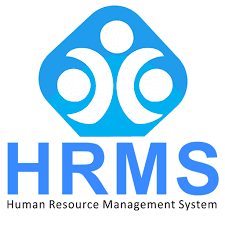 | Human Resource Management Systems |
|
|
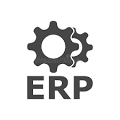 | Enterprise Resource Planning ERP |
|
|
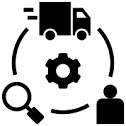 | Supply Chain Management |
|
|
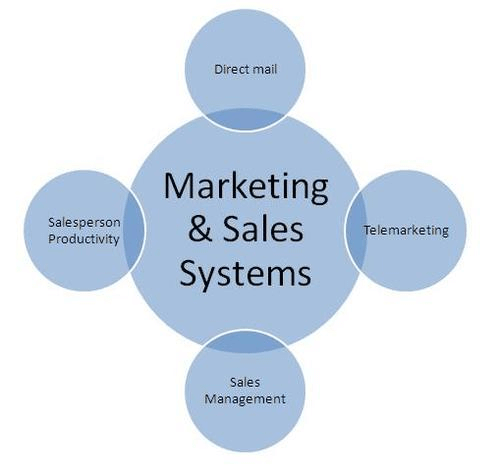 | Marketing and Sales Management Systems |
|
|
Checklist to Consider Before Developing an Enterprise App
There are multiple things you need to consider before developing enterprise software for your business. Here, we will highlight the important must-know aspects before you build your next ERP or POS solutions.
Focus on the User Needs Prior to Developing a Solution
Do they want improved efficiency or want help saving time? Do they need an application that runs with limited Internet connectivity?
The end user’s needs are very important for developing the next big enterprise app. It will also help you understand whether you are building an employee-centric or user-focused mobile app.
Understanding the user needs will help you identify the pain points and determine the goals and features accordingly.
Study the Market and Determine the Competition
Before building the enterprise solution, you should study the market where you plan to release the solution. Studying them can help you realize the features your application needs. It can also help plan the application software’s navigation, user experience, and interface design.
The market research and analysis will pave the path for your design experts, strategists and planner.
Plan the Development Approach
When planning enterprise software for supply chain management or customer relationship monitoring software, you should first consider the approach.
- Do you want to build a native mobile application?
- Are you planning to release it on one platform before proceeding with the others?
- Do you wish to take the hybrid mobile app development approach?
Answering these questions can help you choose the approach that makes the most sense to your business. For example, if you are short on budget, you can build custom enterprise application software using a hybrid approach. Another smart approach to take is to hire an app development consulting company and share your requirements to get the exact solution in less time.
Choose the Tech Stack to Develop Scalable Application
Once you have chosen the approach, it is important to look at the mobile app development language, the development environment, and other technological aspects.
For example, if you are planning an iOS-first application, you should decide whether you want to develop using Swift or Objective-C. Similarly, when you plan a cross-platform application development, you should know whether you want to use Flutter or React Native.
Enhance the Backend Capabilities
When you integrate computer systems that offer multiple capabilities, you should have a robust backend. They should be capable of handling multiple transactions, cash flow (in the case of finance and operations), and excellent storage capabilities. It is even more important to plan the backend for computer systems that run on different operating systems and mobile app development platforms. This should be your next step when planning an enterprise app.
Focus on Security to Protect the Important Data
As the last step, you should plan the security for your enterprise mobile application. You should not just focus on in-app security features but also incorporate security across access levels. To make it robust, you should include high-end features, including password protection, two-factor authentication, and others. Lastly, ensure there are strong data policies for better security. You can learn more by reading our guide on securing mobile apps.
Want to Know the Enterprise App Development Cost?
Contact us. We have experience in developing scalable enterprise app solutions for clients such as One8, Medcall, and Glovo.
Still, have questions about enterprise app development? Check out this detailed guide on enterprise mobile app development.
Now, let’s discuss the FAQs.
FAQ About Enterprise Application Development
What technologies are used to develop enterprise applications?
Depending on the development approach, you can choose the technologies for enterprise app development.
For example, if you are developing an iOS-first application, you should go with Swift or Objective C with the X Code environment. Similarly, if you are planning to develop an Android app, you can use Java with IntelliJ IDEA and Android Studio.
What are the tools to develop enterprise applications?
There are various enterprise mobile app development tools that you can use to build your enterprise application.
| Tool to Develop Enterprise Applications | Description |
|---|---|
| Atom | It is a popular IDE used to build mobile and desktop app solutions. It uses in-built tools, version control, and debuggers |
| IntelliJ IDEA | It is an Android-specific development environment that offers a complete platform for development and testing. |
| Jira | A collaboration and project management tool that improves cooperation for software development |
| Azure | Cloud services environment that allows you the freedom to manage and deploy the applications. It offers the infrastructure for real-time collaboration |
How enterprise application improves business performance?
Enterprises need an application to automate workflows, improve productivity and enhance processes’ efficiency which can positively impact the bottom line positively. These applications are useful in coordination and collaboration within companies.
How do enterprise applications differ from consumer-facing applications?
Enterprise applications support business operations and are intended for businesses, with more features and higher security requirements. Consumer-facing applications are intended for individual consumers, with simple and user-friendly functionality and less stringent security requirements. Enterprise applications often need to be integrated with other systems, while consumer-facing applications are standalone.
Want to Develop an Enterprise Application for Your Business?
Enterprise application software is the future of enterprises. It can help businesses automate different functions and enhance their productivity. From managing the supply chain to improving the visibility into the processes, these applications can help in multiple ways.
It is important to choose the right enterprise application development company to support your vision. Space-O Technologies is a leading enterprise application company that has delivered capable solutions for multiple business facets.
If you are looking to implement a solution that matches your user needs, connect with us by filling out the contact us form.
